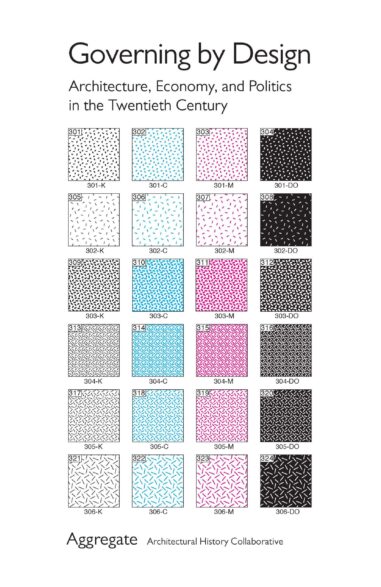
Paperback $55.00
Request Exam or Desk Copy. Request Review Copy
Governing by Design
Architecture, Economy, and Politics in the Twentieth Century
In a wide-ranging yet coherent exploration of the relationships between design production and political economy, this perpetually engaging edited volume provocatively expands the domains of architectural and urbanist discourse to consider new dimensions of power and contested identities. By elucidating the complex codevelopment of the built environment at all scales and across the globe, Governing by Design prompts us to consider the ways that all architecture is embedded in a managed urbanism of risk. Deploying a commendable form of theorized specificity, the chapters usefully coalesce into the aggregate their authors profess to be.

